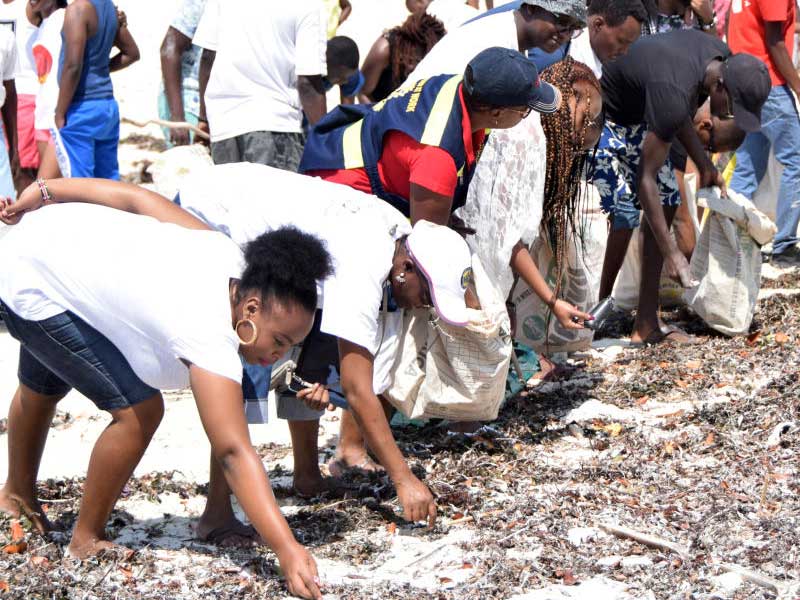×
The Standard e-Paper
Stay Informed, Even Offline

When the Ministry of Environment banned carrier plastic bags in August last year, Charles Makio, a passionate environmentalist and student at the Technical University of Mombasa, was relieved.
Finally, he thought, the severe damage the bags had caused to the environment would reduce. However, nine months on, he remains shocked, as he continues to encounter the banned bags. He, for instance, says his local grocery store still packs customers’ vegetables in plastic bags.